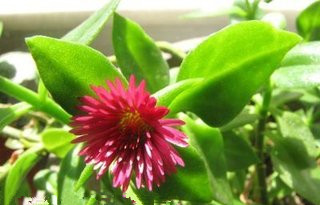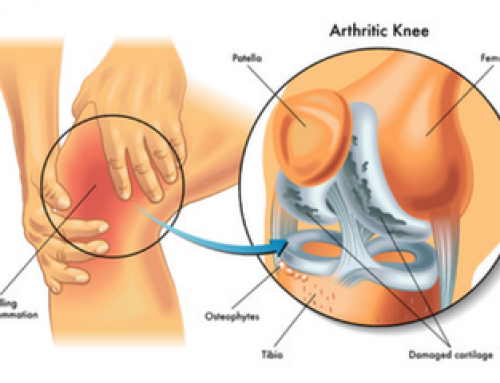Andrographis in China
Andrographis paniculata is the whole grass or leaf of the genus Andrographis. Also known as bitter grass, gold vanilla, golden ear hook, Indian grass and so on. It has the effects of clearing away heat and detoxifying, reducing inflammation, reducing swelling and relieving pain. Indications for bacterial dysentery, urinary tract infections, acute tonsillitis, enteritis, pharyngitis, pneumonia and influenza, topical treatment of sore swollen poison, traumatic infections. Mainly produced in Guangdong, Fujian and other provinces, Central China, North China, Northwest and other places have also introduced.
Benefits
Liver protection
Andrographolide prevents BHC-induced γ-glutamyltranspeptidase, glutathione-S-transferase enzymatic activity and lipid peroxidation. The activities of antioxidant enzymes such as superoxide dismutase, catalase, glutathione peroxidase and the like and glutathione levels are reduced by the action of BHC. The use of andrographolide showed protection against superoxide dismutase, catalase, glutathione peroxidase, glutathione reductase activity and maintenance of glutathione levels. The activity of lipoperoxidase also decreases. This result shows the anti-oxidant and liver-protecting functions of Andrographis paniculata.
Reduce the symptoms of colds
A study comparing the efficacy of andrographolide versus placebo in reducing the symptoms of the common cold. The effect of andrographolide was measured on days 0, 2, and 4 in a patient population including 158 adult males and females. The group of patients taking andrographolide on day 2 showed some relief of related symptoms, and all symptoms were significantly reduced by the same patient group on the fourth day compared with the placebo group. In conclusion, the infection rate and intensity of andrographolide in the relief of uncomplicated common cold symptoms appeared very obvious in the first two days of treatment, and no adverse effects were found.
Hypoglycemic activity
To the present, andrographolide is known as a hepatoprotective agent, an antiplatelet agent and an antithrombotic agent. In the experiment, its hypoglycemic effect was tried in various ways. The 10 mg/kg aqueous extract of Andrographis paniculata prevents significant (P < 0.001) hyperglycemia induction by oral administration of 2 mg/kg body weight of glucose. However, it failed in the treatment of adrenaline-induced hyperglycemia. Long-term use of andrographolide (6 weeks) did not successfully demonstrate some of the “fast blood sugar lowering effect.” Therefore, andrographolide may prevent visceral absorption of glucose.
Contraceptive effect
The contraceptive effect of andrographolide was found by studying mice in different research environments. When the andrographolide was mixed in animal feed (mouse pellets) at a dose of 2 g/kg per day and the female mice were taken daily for a period of 6 weeks, the results were compared with males who had not taken the drug and had proven fertility. None of the female-fed females were pregnant (100%). On the other hand, the majority of control females who did not take the drug (95.2%) were pregnant with the same males in the experimental population, and continued to produce normal size and number in the subsequent 6 pairs (general For 5-6) pups
Anti-HIV virus
A clinical trial of type I drug metabolism in andrographolide in 13 male HIV-positive patients and 5 healthy volunteers who were not infected with HIV. The primary goal is to assess safety and affordability, and the secondary objective is to assess its effects on plasma virion HIV-1 RNA levels and CD4(+) lymphocyte levels. Andrographolide may inhibit cell cycle disorders caused by HIV, resulting in elevated levels of CD4(+) lymphocytes in HIV-1 infected patients.








Leave A Comment